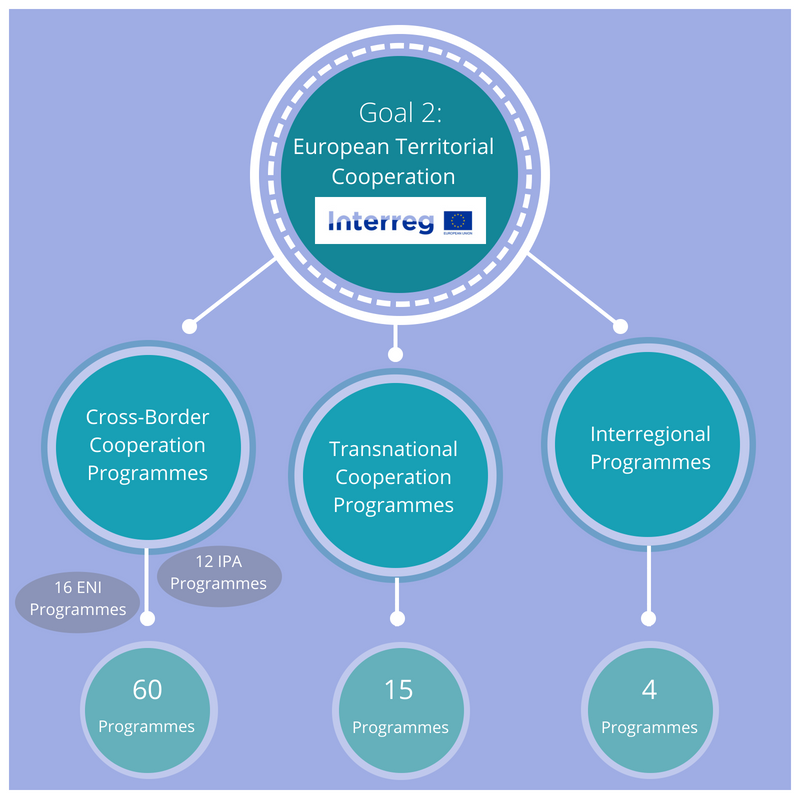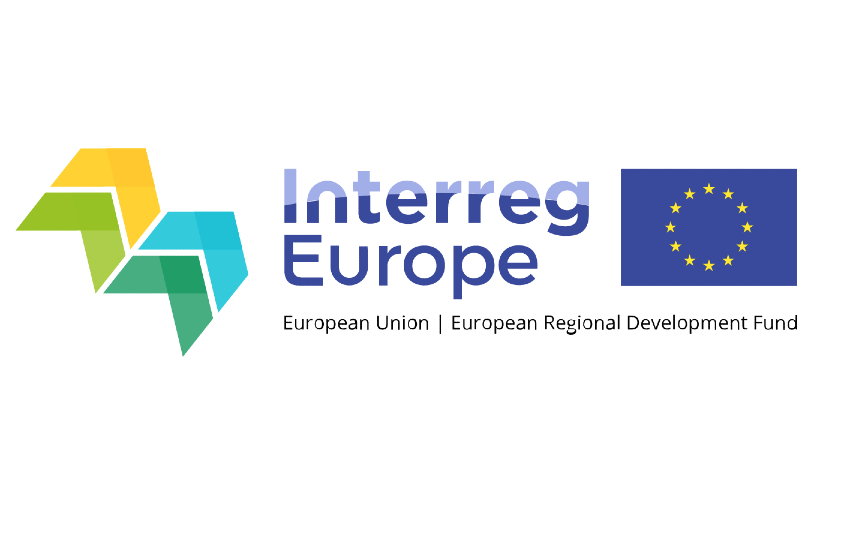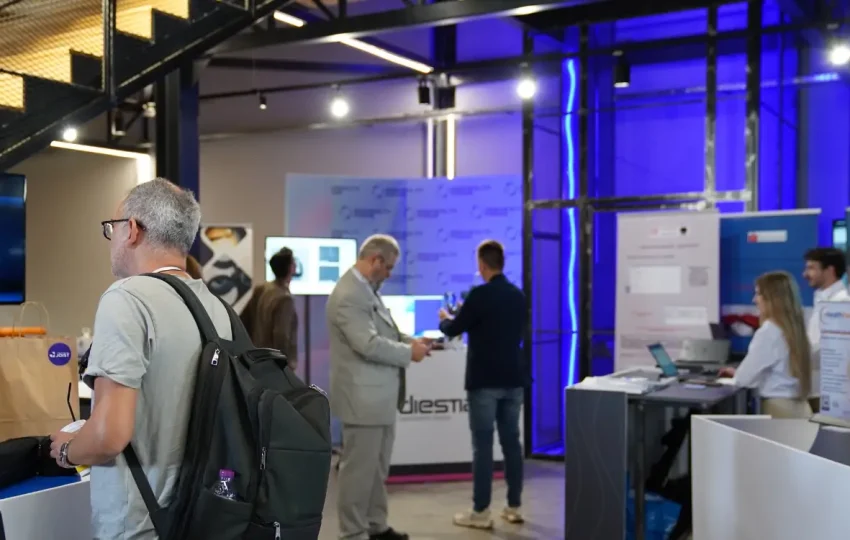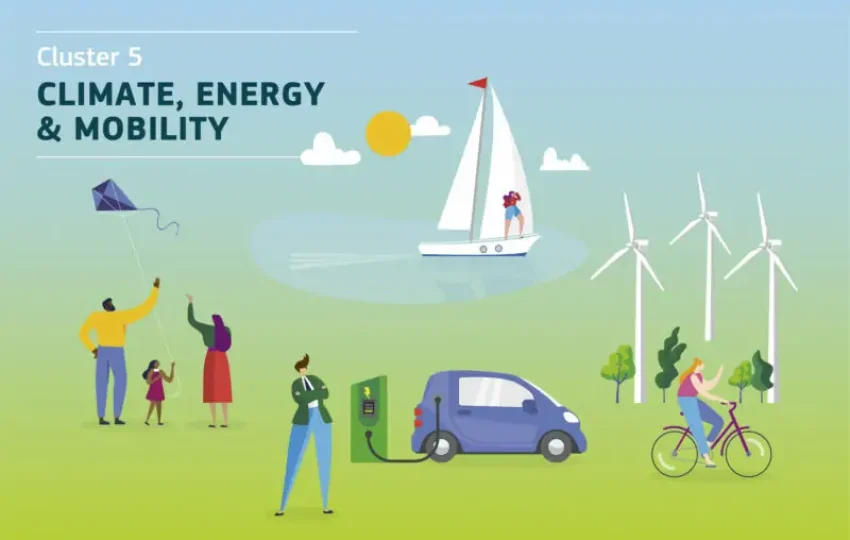The Interreg programme brings innovative solutions to Europe’s biggest challenges, focusing on collaboration and capacity building. The transformational phase created by the green and digital transition can potentially increase the disparities between the different regions of Europe. What better way to keep the whole of Europe on track in dealing with those challenges other than deepening collaboration between the various European states? Reading this article will help you increase your understanding of the Interreg and its various types of programmes. In the end, you will find two funding opportunities from the Interreg programme.
What is Interreg?
Interreg is a key instrument of the European Union (EU) to support cross-border cooperation through project funding. It seeks to tackle common EU challenges and find solutions in health, environment, research, education, transport, sustainable energy, etc.

As an EU instrument with a focus on cooperation, Interreg has three different types of programmes based on the level of cooperation:
- Cross-Border Cooperation Programmes (e.g. Interreg Austria-Czech Republic, Interreg Central Baltic etc.)
- Transnational Cooperation Programmes (e.g. Interreg Alpine Space, Interreg Central Europe, Interreg North-West Europe etc.)
- Interregional Programmes (e.g Interreg Europe, URBACT etc)
What is Interreg Europe?
Interreg Europe falls under the umbrella of Interregional programmes. It is an EU co-funded cooperation programme striving to eliminate European disparities across the European regions. Specifically, Interreg Europe programme 2021-2027 tries to close the gaps in the development, growth and quality of life across Europe.
The budget of Interreg Europe is €379 million. It provides financial assistance to European municipal, regional and national governments to develop and implement better policies. It also serves as a platform with opportunities and answers to regional development problems. The programme encourages European regions of 29 nations (EU-27, Norway, and Switzerland) to share their best practices and policy learning.
6 Interreg Europe topics
Interreg Europe contributes to all EU priorities and aims for better regional governance by focusing on capacity building on the following topics:
#1 Smart
- Research & innovation capacities
- Digitisation
- SME competitiveness
- S3, industry and entrepreneurship
- Digital connectivity
#2 Green
- Energy efficiency
- Renewable energy
- Smart energy systems
- Climate change
- Water management
- Circular economy
- Nature & biodiversity
- Zero-carbon urban mobility
#3 Connected
- Sustainable TEN-T
- Sustainable mobility
#4 Social
- Education
- Social inclusion
- Integration of third-country nationals
- Health care
- Culture and sustainable tourism
#5 Citizens
- Integrated urban development
- Integrated non-urban development
#6 Governance
- Policy governance
Two open calls from Interreg Europe and Interreg MED programmes
Title: Interreg Europe first call for proposals
Programme: Interreg Europe
Description: Programme scope
The programme is structured around one single cross-cutting priority, the Interreg-specific objective ‘abetter cooperation governance’. This means that beneficiaries can cooperate on relevant topics in line with their regional needs, as long as this falls within the scope of cohesionpolicy.
This scope includes the topics defined by the policy objectives and specific objectives of cohesion policy as presented in Regulation (EU) 2021/1060 (CPR), Article 5 and Regulation (EU) 2021/1058 on ERDF, Article 3. Despite one single priority, the programme’s actions are still organised according to the specific objectives of the cohesion policy listed in table 1 here. This means that projects must select a specific objective in their application form.
Concentration principle
The programme also recognises the need to concentrate resources on those policy areas that are most relevant and urgent for regions in Europe. For this reason, the programme plans to indicatively concentrate the largest share of its budget (80%) on the thematic areas covered by a selection of σpecific objectives. This budget concentration is summarised in table 1 below.
Deadline: 31/05/2022
Title: CALL 1 – Governance projects
Programme: Interreg Euro-MED
Description: The first call for governance projects will be open from Thursday 24th February 2022 at noon (Brussels time) to Wednesday 1sth June 2022 at noon (Brussels time).
It is targeted as the third priority of the Programme “Mediterranean Governance“, Specific Objective (SO) 6.6. “Other actions to support better cooperation governance”.
For further details about the programme’s priorities and missions, we invite you to read the Cooperation Programme and the Programme Manual in the Documents & Tools section, as well as the Terms of Reference of the call that you can find at the bottom of the page.
The call addresses two types of projects: thematic community projects and institutional dialogue projects.
You can find a definition of the different projects here.
Deadline: 01/06/2022
Find all available EU funding opportunities from Interreg or any other European Programme on EUcalls. It is the best platform for EU calls opportunities and collaborations as it can help you save time and grow your EU project ideas ideas.
Become an EUcalls member for free to take advantage of its innovative features.


